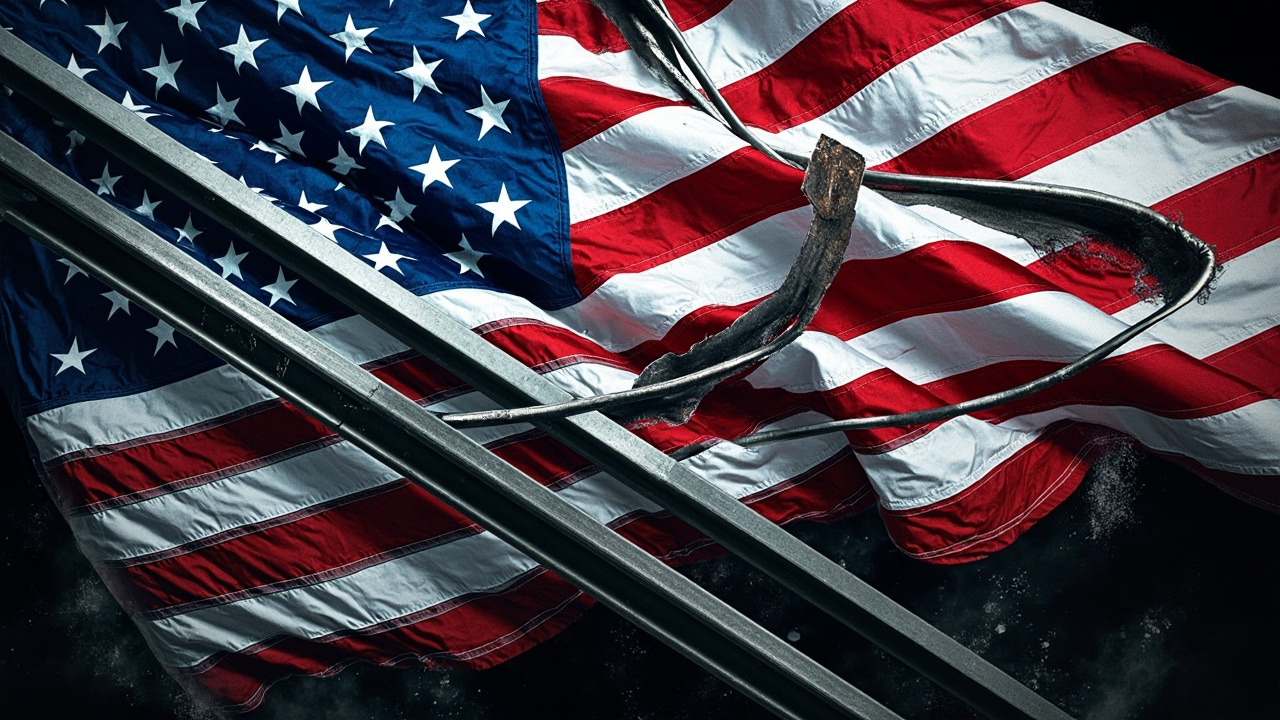Anduril Tops CNBC's 2025 Disruptor 50 List Amid Growing Investment in Defense Tech

The recent prominence of Anduril Industries on the 2025 CNBC Disruptor 50 list marks a significant shift in the defense technology sector, highlighting a growing nexus between advanced technology and military operations. As geopolitical tensions escalate and governments reassess their defense capabilities, the rise of defense tech companies is not merely a passing trend but indicative of a structural transformation within the industry. Anduril's leading position in the list is emblematic of a broader narrative where innovation is not only welcomed but deemed essential for national security.
The rise in defense tech spending is underpinned by notable investments, with Anduril securing $2.5 billion in its recent funding round, elevating its valuation to $30.5 billion—nearly double its previous round. This surge reflects an overarching trend in defense spending aligned with geopolitical dynamics: following crises and increasing tensions, defense budgets often rise in tandem. In the context of proposed increases in defense spending under the current U.S. administration, the infusion of capital into companies like Anduril signifies an expectation of lucrative government contracts. The convergence of dual-use technologies such as AI and augmented reality into military applications indicates a paradigm shift whereby defense contractors are now perceived similarly to their tech counterparts, looking to leverage cutting-edge innovations for strategic advantages.
However, while the enthusiasm surrounding defense tech is palpable, it is crucial to consider both the risks and opportunities that come with this trajectory. One common assumption is that increased funding in this sector guarantees long-term health for emerging players and a robust pipeline of contracts. A case study from the 2008 financial crisis shows us the volatility tied to defense contracts, as budget reallocations and shifting political priorities can introduce significant uncertainty. Furthermore, the intersection of technology and defense raises complex ethical questions regarding AI use, data privacy, and military engagement that governments and corporations alike must navigate carefully. Investors should be cognizant of these dynamics, as missteps in these areas could lead to reputational damage and potential regulatory scrutiny.
Looking ahead, the landscape for defense technology appears ripe for growth, with Anduril and its peers likely to capitalize on increased collaboration across national and corporate lines. The integration of AI in military applications not only enhances operational efficiency but also presents an opportunity to redefine defense strategies in the face of emerging threats. For investors, this could signal a robust pipeline of future revenues, provided that companies can remain agile and responsive to both market conditions and stakeholder expectations. However, such opportunities warrant a balanced perspective: it is crucial for stakeholders, including consumers and regulators, to remain engaged in discussions surrounding the implications of such technologies on society as a whole.
Read These Next

U.S. Steel shares surge as Trump approves Nippon takeover with government 'golden share'
The approval of the U.S. Steel and Nippon merger by Trump highlights the intertwining of politics and corporate strategy in the steel industry, raising crucial questions about competitiveness and national security.

China's Home Appliance Trade-In Policy Resumes After Adjustments
China's home appliance trade-in policy extends to 2025, boosting consumer engagement and driving sales nationwide.

Financial Recovery and Market Resilience: Analyzing ST 迪威迅's Recent Developments
Analysis of ST 迪威迅's annual report highlighting financial recovery, significant market changes, and ongoing risks.
